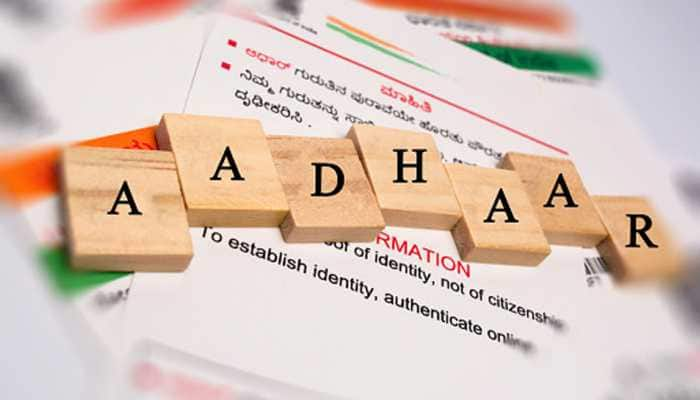CBI court grants bail to ex-Union Minister Dilip Ray convicted in coal scam case
Ray was Minister of State (coal) in the Atal Bihari Vajpayee government.
- Ex-Union Minister Dilip Ray is sentenced to 3-yr imprisonment in coal scam case.
- He was a minister in the Atal Bihari Vajpayee government.
- Case pertains to alleged irregularities in allocation of a Jharkhand coal block in 1999.
Trending Photos
) File image
File image JHARKHAND: The Central Bureau of Investigation (CBI) court on Monday (October 26) granted bail to former Union Minister Dilip Ray and other individuals, convicted in a Jharkhand coal scam case, on a bail bond of Rs 1 lakh each. The court also granted them time till November 25 to appeal in the High Court.
Ray was Minister of State (coal) in the Atal Bihari Vajpayee government.
Earlier in the day, the CBI court sentenced Ray to 3 years imprisonment in a coal scam case pertaining to the alleged irregularities in the allocation of a Jharkhand coal block in 1999. Special Judge Bharat Prashar, while pronouncing sentence also imposed fine of the sum of Rs 10 lakhs each against all convicted individuals.
Special Judge Bharat Parashar also awarded three years term each to two senior officials of the Ministry of Coal at that time -- Pradip Kumar Banerjee and Nitya Nand Gautam -- and Castron Technologies Limited's Director Mahendra Kumar Agarwalla. The CBI had earlier urged the court to award life imprisonment to Ray and other convicts to send a message to the society as white-collar crimes were on the rise. The court further imposed Rs 60 lakh on CLT.
The case pertains to allocation of 105.153 hectares of non-nationalised and abandoned coal mining area in Jharkhand's Giridih district in favour of Castron Technologies Limited by 14th Screening Committee of the Ministry of Coal in 1999.
The convicts had requested the court to take a lenient view in respect of their old age and prior clean antecedents. On October 6, the court had convicted them in the case, noting that they conspired together beyond shadows of all reasonable doubts to procure allocation of the coal block.
The court held them guilty of the offences under 120-B (criminal conspiracy) 409 (criminal breach of trust) and 420 (cheating) of the Indian Penal Code and various sections of the Prevention of Corruption Act.
As many as 51 witnesses were examined in the case. The prosecution had argued that the facts and circumstances of the case clearly pointed to the hatching of a criminal conspiracy by the private parties and the public servants involved in the process of allocation of impugned coal block.
Stay informed on all the latest news, real-time breaking news updates, and follow all the important headlines in india news and world News on Zee News.
Live Tv







)
)
)
)
)
)
)
)
)
)
